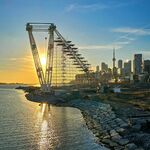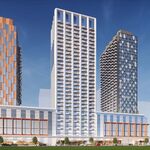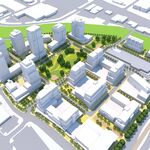steveintoronto
Superstar
^ I would too, most on these boards would, but we're not Average Joes and Josies. It's a losing battle. The only way to win this is to work with private investors, and make sure that the skinflints also pay for roads via tolls. Think how much that will offer them tax breaks!




